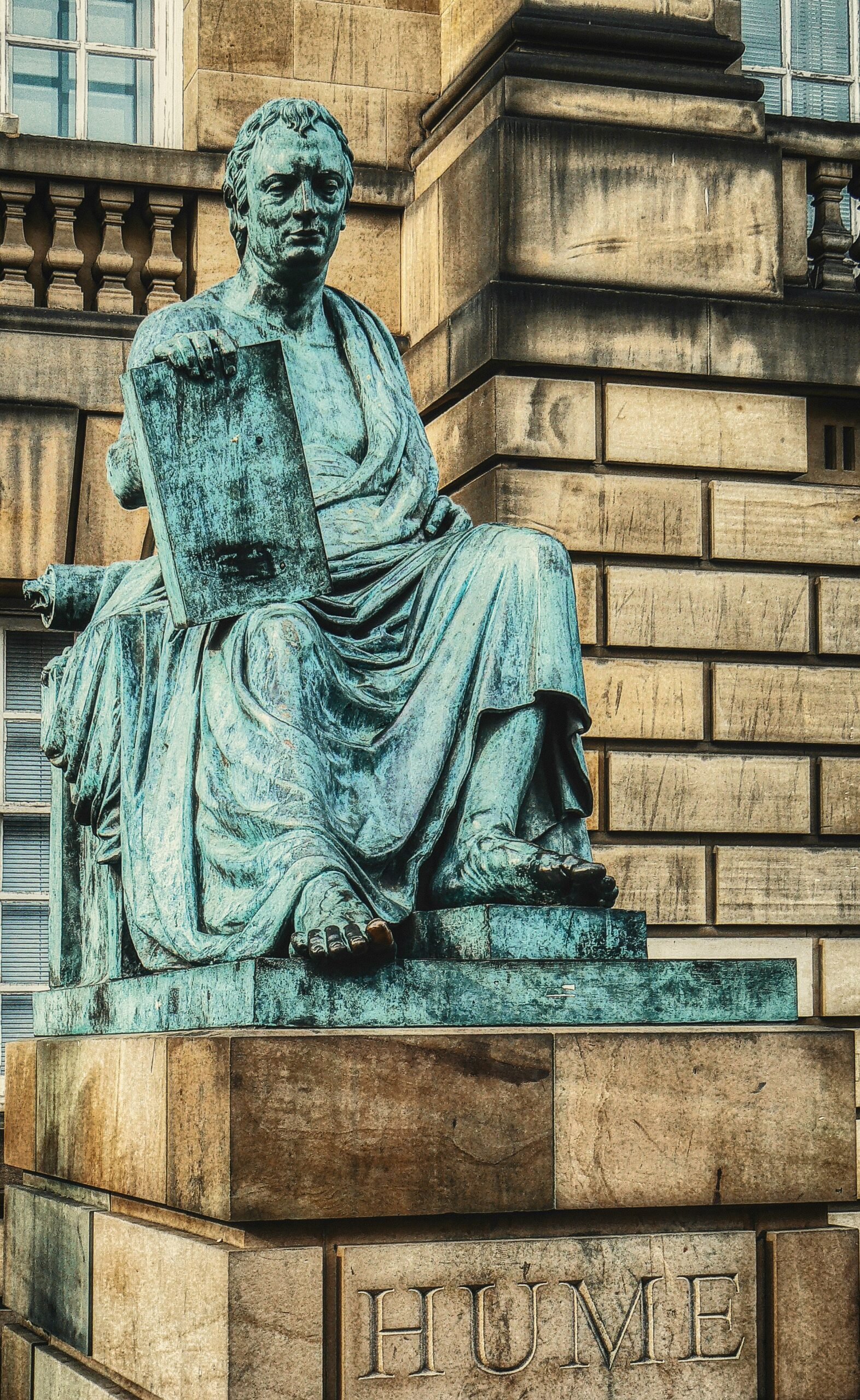Moral Rights and Duties
In the realm of social ethics, moral rights and duties play a crucial role in guiding individuals and societies towards ethical behavior and decision-making. Moral rights refer to the entitlements that individuals possess, which are based on principles of justice, fairness, and respect for human dignity. These rights include the right to life, liberty, privacy, freedom of expression, and equal treatment.
On the other hand, moral duties are the obligations or responsibilities that individuals have towards others in society. These obligations, which stem from ethical standards and social mores, call on people to behave in ways that advance the interests and wellbeing of others. Honesty, loyalty, respect for others, and carrying out one’s responsibilities are a few examples of moral obligations.
The Interrelation Between Rights and Duties
While moral rights and duties are often seen as separate concepts, they are closely interconnected. Rights imply corresponding duties, and duties arise from the recognition of rights. In other words, one person’s rights impose obligations on others to respect and uphold those rights. For instance, the right to freedom of speech implies a duty for others to listen and consider different perspectives.
Similarly, the fulfillment of moral duties contributes to the protection and promotion of individual rights. By acting in morally responsible ways, individuals create an environment where everyone’s rights are respected. For example, the duty to respect others’ privacy ensures the protection of their right to privacy.
Virtue and Society
Virtue is another essential aspect of social ethics, focusing on the development of good character and moral excellence in individuals and society as a whole. Virtues are positive qualities or traits that enable individuals to act morally and ethically. They shape our behavior and guide us toward making virtuous choices.
Within society, virtues can be classified into different categories, including moral virtues, intellectual virtues, and civic virtues:
Moral Virtues:
Moral virtues pertain to personal character traits that promote ethical conduct and moral behavior. Examples of moral virtues include honesty, integrity, compassion, fairness, and kindness. These virtues contribute to the overall wellbeing and harmony of society.
Intellectual Virtues:
Intellectual virtues, also known as epistemic virtues, are qualities that enhance our capacity for knowledge, understanding, and critical thinking. These virtues include curiosity, open-mindedness, intellectual humility, and intellectual perseverance. Intellectual virtues enable individuals to seek truth, evaluate information, and make informed decisions.
Civic Virtues:
Civic virtues are virtues that are specifically related to one’s role as a citizen in society. These virtues include civic responsibility, patriotism, public-mindedness, and active participation in the community. Civic virtues contribute to the betterment of society and the maintenance of a just and democratic social order.
Individuals can create a more moral and peaceful society via virtue cultivation and practice. Good deeds encourage people’s wellbeing as well as a sense of belonging and collaboration.
Conclusion
The ideas of moral obligations, rights, and virtue are interrelated and reinforce one another in the field of social ethics. While moral duties impose obligations to act in ways that enhance the interests and wellbeing of others, moral rights grant persons privileges that others should respect. Contrarily, virtue emphasizes the growth of moral excellence and excellent character and adds to society’s entire ethical fabric. Through comprehension and adoption of these ideas, people can actively participate in the development of a society that is more equitable and moral.
















+ There are no comments
Add yours